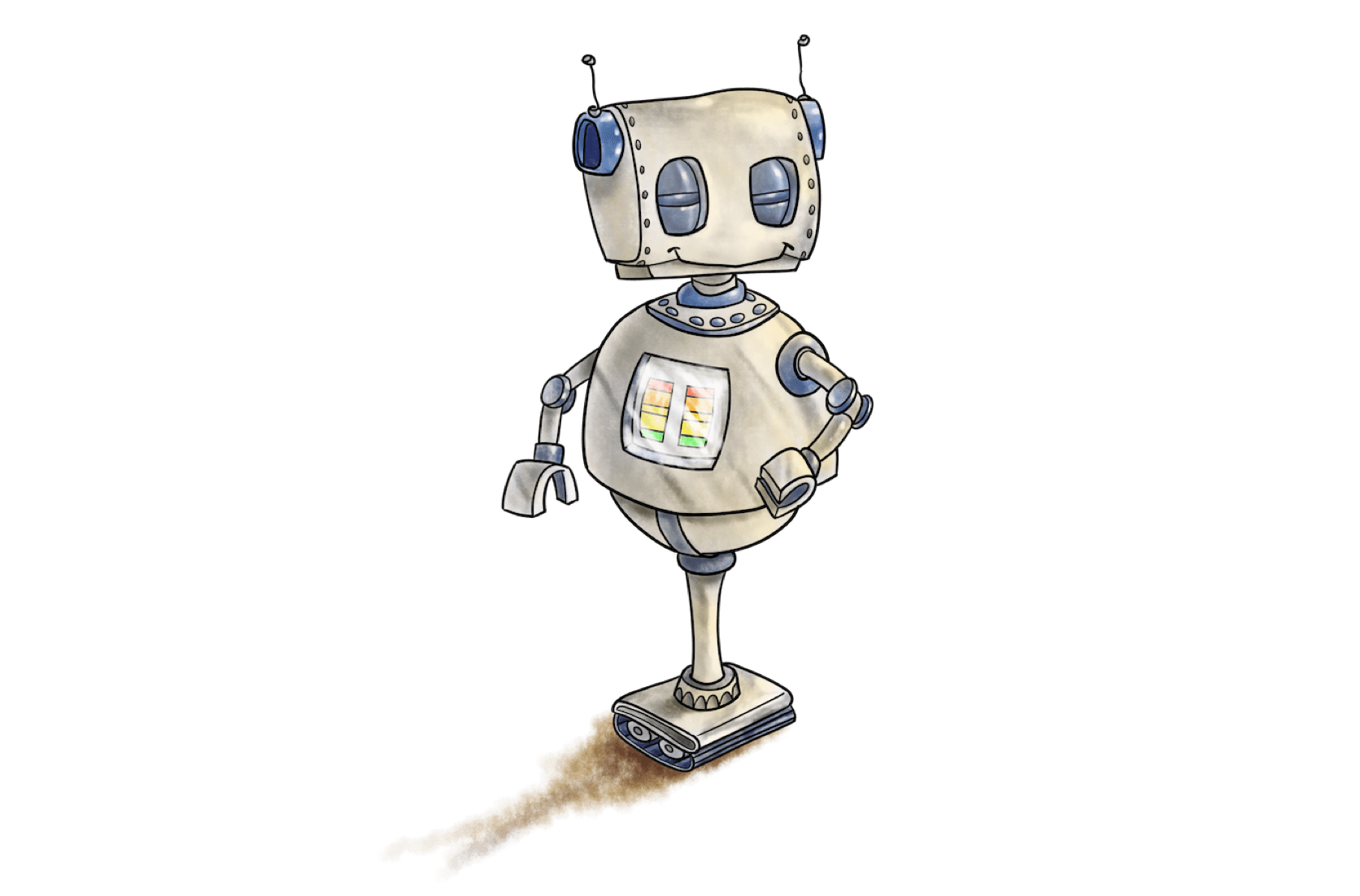
It’s been a rough few years.
We’ve had economic, cultural, and health changes. We’ve experienced the rise of remote and hybrid working models, the decline of the Monday to Friday commute, and technological advancements we could barely dream of 5 years ago.
“The only constant in life is change,” said Heraclitus (allegedly), around 500BC. And haven’t the last few years just gone on to prove that!
To thrive in an environment of continual change, people need to be able to adapt quickly to whatever curveball they’ll be thrown next. Being a capable and quick learner is a powerful string in anyone’s bow, and may also be the answer to adapting to a climate of change.
Learning has a powerful role in this new workplace of constant disruption. Here are just some of the ways it will shape how businesses thrive in an environment of continual change.
Learning develops internal capabilities
Workplace learning is key in combatting the national skills shortage.
According to the World Economic Forum, we are experiencing a reskilling emergency. We need to reskill 1 billion people globally by 2030, in order to develop competencies in new tech, and diversify skillsets. And if you’re looking for new talent, hiring new people isn’t easy either: the ABS reported last year that 27% of Australian businesses were having trouble finding qualified staff. The solution? Qualify them yourself!
Learning is the answer here. Offering learning opportunities for your people to develop capabilities internally, rather than needing to hire somebody new, means you are saving money on hiring new skills, and investing in your team’s development.
Contributes to staff retention
2022 has been a year of high levels of turnover, with the quitting rate hitting a 10-year high.
The average cost of hiring a new staff member is $23,000 AUD. Employee turnover is costly to businesses, both in terms of actual hiring costs, and the loss of internal knowledge. Think about it: if someone leaves after 5 years, they're taking 5 years worth of skills and knowledge of their role and the company. It's going to take a bit of time for someone new to get up to speed!
If you are struggling with turnover rates, having a strong L&D program is a great way to show employees that you are invested in their growth. This has the knock-on effect of improving their performance, satisfaction and productivity. And – guess what – their likelihood of staying on.
The majority of today’s workers see learning and development opportunities in a job as ‘vitally important’. Catering to this demand is important, as 90% of Australian millennials indicated they would stay longer with an employer who offered training and development. (And given that, by 2025, millennials will account for up to 75% of the Australian workforce, you’ll want to prioritise their demands!)
Helps businesses withstand future change and disruption
Having a culture of continuous learning ensures that staff are well positioned to work around high levels of uncertainty, and adapt to change.
Continuous learning is the idea that learning is always ongoing. We commit to being lifelong learners and find opportunities to develop skills in the every day. Implementing a culture of continuous learning means investing in peoples’ development opportunities every day; as opposed to ad hoc tick-box training.
Continuous learners tend to be more receptive to change, as it is seen as a learning opportunity, rather than a challenge.
The pandemic highlighted the need for continuous learning perfectly – companies that are adaptive to change, and used to learning quickly, were best able to respond to lockdowns and economic uncertainty.
The AI revolution is coming, and it’s predicted that around 11% of Australian jobs will be lost to automation by 2030. To future-proof your people, they need to be learning new skills that cannot be automated. Skills like active listening, empathetic communication, and teamwork: power skills.
Ways you can promote learning of power skills are rotating roles, delegating new tasks, and creating space for staff to make decisions autonomously. This helps develop the skills required to handle change, and your people can respond more quickly in a crisis. It also develops capabilities such as problem-solving and time management, to create a workforce of resilient, quick-thinking workers.
Helps early career staff develop technical skills
We all remember what it was like to be new in the workforce: like a fish out of water! Everything is just slightly confusing, and imposter syndrome tends to loom until we start developing those technical skills vital to doing our jobs.
Having a strong learning program in place is especially important for early-career staff who don’t yet feel 100% confident in their roles. It'll make them feel valued from day one, and will get everyone on the same page much faster.
Provides a regular touchpoint for displaced staff
As we’re all working from everywhere at the moment, learning provides an opportunity to check-in. It creates feedback loops between staff and managers and encourages regular communication.
While this is important for office-based relationships, it is vital in a remote or hybrid workplace. The decline of the office has also seen a rise in levels of loneliness at work. Having a regular touchpoint for remote staff is crucial.
41% of employees surveyed in a Silicon Reef study said that more interaction with colleagues and managers would improve their remote and hybrid-working experience, while a third said that a better way of receiving feedback would also help. Flexible working conditions doesn’t mean low-touch – it means making more of an effort to be high-touch.
Regular learning is the perfect way to incorporate more routine communication. “Have you found an opportunity to put this learning to practise?,” or, “how did you find this learning campaign?,” are some ways of inviting feedback, while also reaching out to check in on somebody.
–
Learning will be a powerful tool in our new, ever-changing work environment. Developing the skills required to be resilient against the unexpected, whether it’s economic, social or environmental, is an investment in future-proofing your business.













































































































